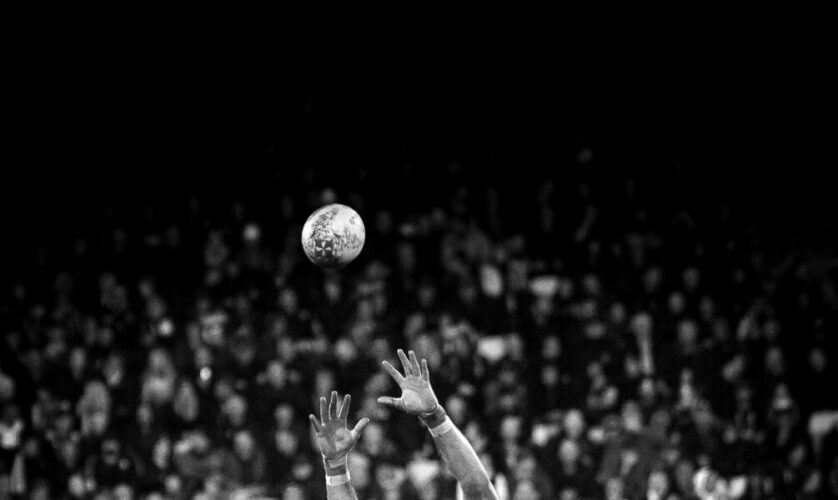Professional rugby players may have a higher risk of drinking and gambling problems compared to the general population, according to a survey of NZ men’s Super Rugby players on mental health and lifestyle risks.
Of the 105 players who responded, more than half were at moderate to high risk of alcohol harm, while the percentage of gamblers was about eight times higher than in the general population. 21% of players reported symptoms of depression, however, none met the criteria for depression. Researchers say all of these risk factors may be underestimated since they were self-reported.
The Science Media Centre asked independent third-party experts to comment on the research.
Dr Phillip Borell, Senior Lecturer (above the bar), Aotahi School of Māori and Indigenous Studies, University of Canterbury, comments:
“Those of us with connections into the world of professional sport will not be shocked by the findings of this research. However, a paper like this has the potential to shift the narrative regarding male professional athletes; specifically, those in such a visible sport as professional rugby union.
“This research can illuminate the pitfalls of professional sport while also furthering current examinations of mental health among athletes. The research demonstrates that over one in five Super Rugby players in Aotearoa report symptoms of depression. This research will be challenging to a number of sport fans in this country. Though not surprising in mental health and wellbeing advocacy circles.
“It won’t be surprising to most that there are high rates of alcohol-related harm in the elite sports scene. However, societal shifts have potentially also had an impact on what may have been a much higher rate 20 years ago.
“In 2024, the focus on societal issues such as alcohol-related harm, gambling and mental health is far greater than it has ever been. However, for the public to see the extent of these impacts on their Super Rugby heroes has significant potential for further social change. I hope that this research can be a point of entry for further, and potentially deeper, illumination of elite athletes as people who share the same afflictions that so many of us ‘common folk’ do.”
No conflicts of interest.
